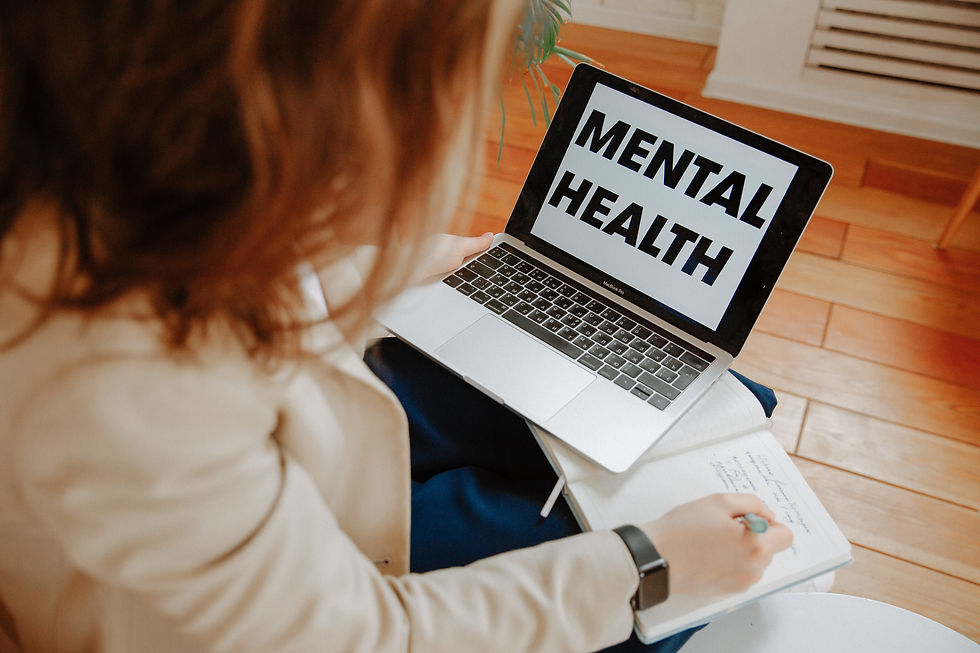“Preventing conflicts of tomorrow means changing the mindset of youth today ”– Graca Machel.
There are a number of popular maxims revolving around Health, a few infamous being ‘there is no wealth without health’ and ‘there is no health without mental health’. World Health Organization defines Health as a state of ‘physical, mental, and social wellbeing and not merely the absence of disease or infirmity’. India was among one of the first countries to develop a national mental health program in the early eighties with a focus on accessible and equitable mental health care although it is making progress however the ratio of need to fulfillment is not at par. In spite of growing concerns around health, people still hesitate to talk about or accept or do the needful about themselves or the people they have known when it comes to their mental health compared to their physical health. People now a day are so much up to date about their physical health is it going to a nutritionist or attending a live online HIIT session or keeping track of all dietary intakes – which is great, but mental health without physical health is only half the wellbeing or health. Let’s find out some of the missing pieces of the puzzle and try to understand and see the larger picture.
“ People still think that it is shameful if they have mental illness. They think it shows personal weakness. They think it shows a failing. If it’s their children who have mental illness, they think it’s their failure as parents ”
-Andrew Solomon [IDEAS.TED.COM]What is counselling and the taboos associated with it? While counselling is a very popular term and every third person claims to have counselled someone – there is a difference in terms of experience, expertise, and knowledge. NHS defines counselling as ‘a talking therapy that involves a trained therapist listening to you and helping you to find ways to deal with emotional issues.’ So having said that you can understand that all of us are different – so are our problems and situations - so is our age and maturity – and sensitivity and adapting ability – and hence so will be the counselling techniques. So it is important to seek help from professionals.
Mental health is accorded the lowest priority amidst competing health and social priorities. Unlike other physical ailments or conditions, people are reluctant to reveal mental health issues due to the age-old stigma associated with it. Part of the stigma results from lack of awareness, fear of judgment, prejudice, fears, and discrimination oftentimes leading to neglect and marginalization in the form of deprived opportunities. With a lot of mental health awareness programs and upbeat campaigns gaining momentum trying to make people aware of the facts that mental disorders can be cured or controlled, it is still a not -so- talked about topic and people still continue to suffer in silence.
Let’s clear certain misconceptions: understand that
Mental disorders affect everyone irrespective of age, gender, residence, and living standards although some groups are at a higher risk for certain illnesses; only the impact varies.
Mental disorders are a diverse group of conditions varying in their presentation ranging from acute to recurrent to chronic, mild to severe, multiple disorders to single illness, morbid or co-morbid conditions, and in several other ways.
Identification and active treatment-seeking are important to avoid lifelong impact, gradually resulting in a poor quality of life of such individuals and families.


Comentarii